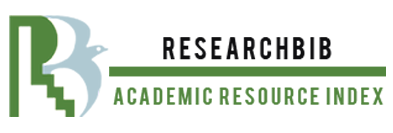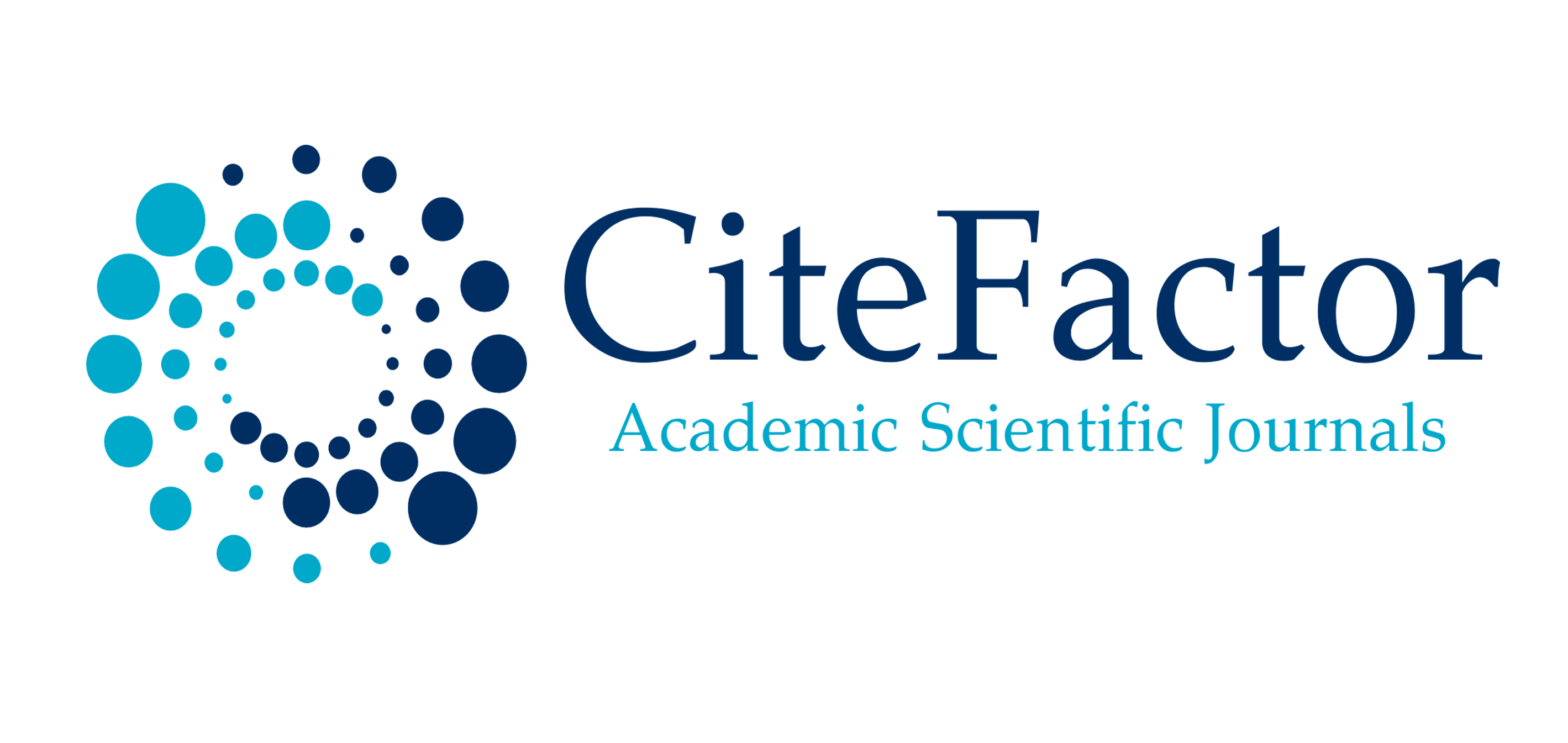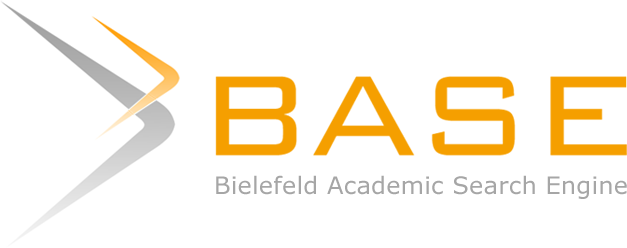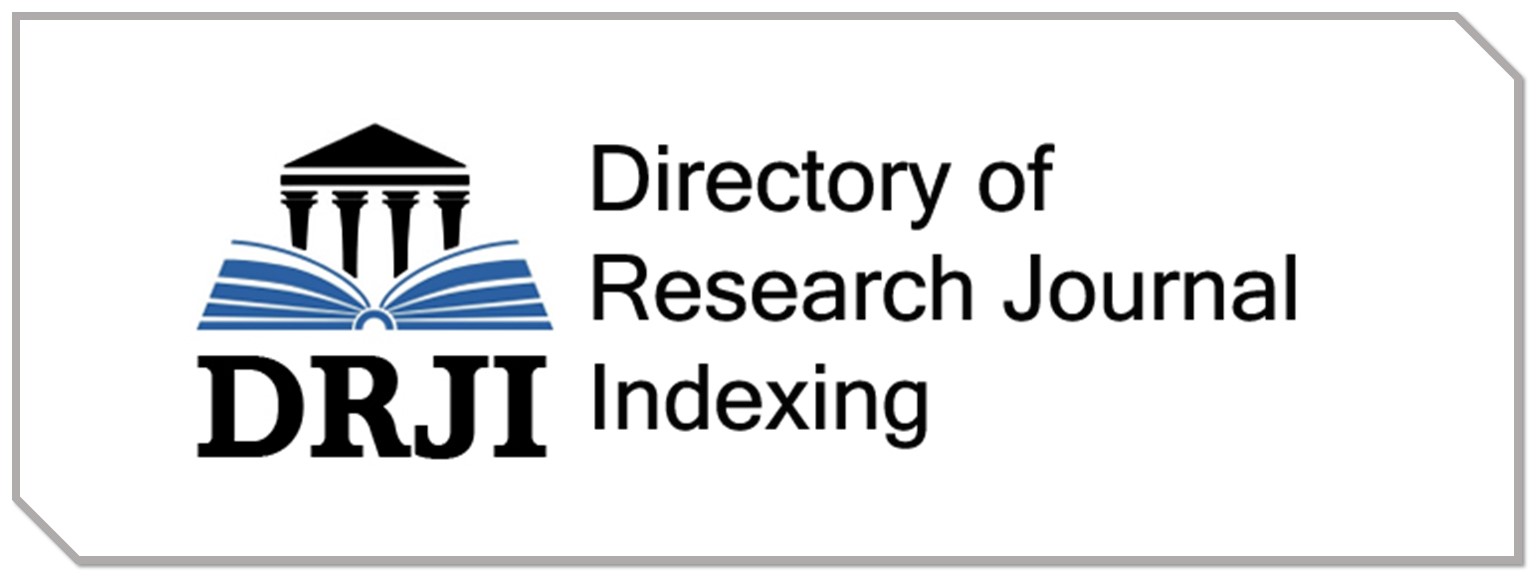Students’ Loans Programme and Tertiary Education in Nigeria
Keywords:
Students’ loan, Tertiary EducationAbstract
This paper discussed the benefits and the likely problems that may face the students’ loan scheme in Nigeria. The paper employed secondary data. The data were collected from both print and online publications. The paper identified reduction in government expenditure, increase in access to higher education, economic development and reductions in social vices may be the benefits of students’ loans programme in Nigeria. The paper highlighted some of the likely problems the programme may encounter such as: repayment problems, corruption, shortage experienced students’ loan professionals and financing problem. The paper suggested the following: diversifying the economy and provide conducive business environment that will create employment opportunities across the Nigerian states and local governments. This will help to reduce the problem of graduate unemployment. Government should put a system down that will ensure transparency and accountability in the funds disbursement. The federal government needs to call for national conferences on the students loan Act to get more suggestions and inputs from stakeholders. Government should organize training and retraining programme for people that will work in the fund.










